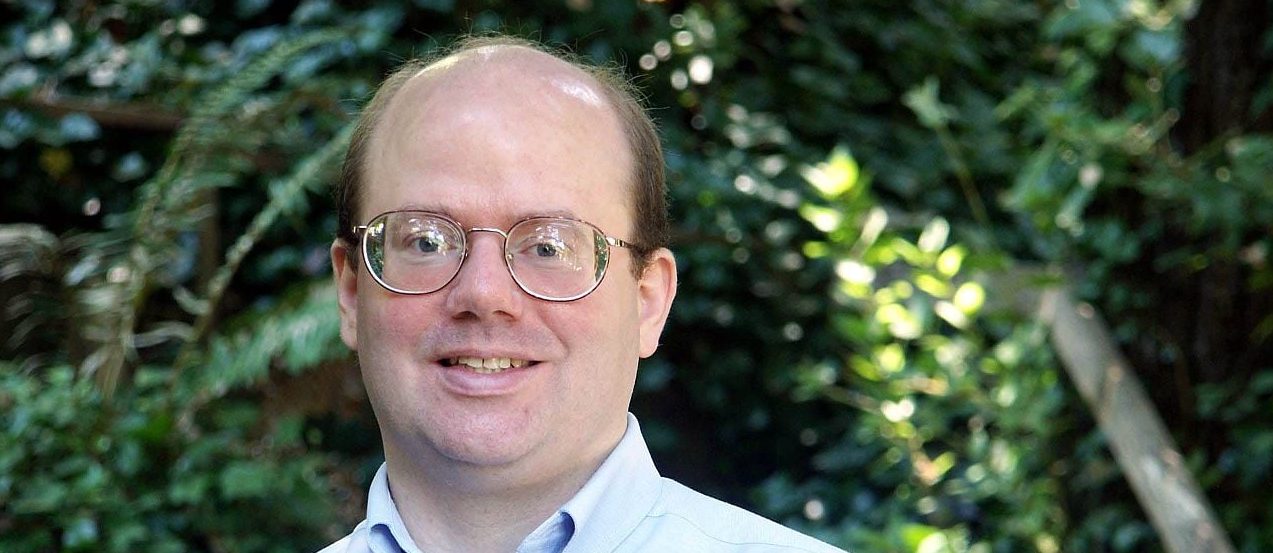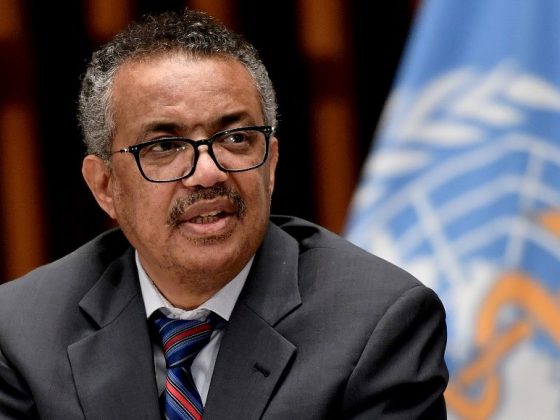Larry Sanger, Wikipedia co-founder, has recently blasted the online encyclopedia he helped create for its lack of neutrality.
This isn’t the first time he has done this. On May 14, 2020, Sanger wrote in his personal blog, “Wikipedia no longer has an effective neutrality policy.” Instead, he stated, “Wikipedia now touts controversial points of view on politics, religion, and science.” Last month, Sanger reiterated his claims. A July 16 story published on Fox News quoted from an interview Sanger gave to LockdownTV two days prior. According to the story, “‘Wikipedia is known, now, by everyone to have a lot of influence in the world … so there is a very big, nasty, complex game being played behind the scenes to make the articles say what somebody wants them to say,’ Sanger said, adding the site has a liberal bias.” To summarize in a word what Wikipedia has become, its co-founder said, “The word for it is propaganda.”
“Luckily, I think people are beginning to understand that we are being fed crooked facts and false “truths.” We still want to consume media that reflects our views, that makes us feel that we are right, and that caters to our ego, but I think we are beginning to realize that being fed false narratives is not in our best interest. The question is how much longer will we be willing to tolerate it before we say “Enough! We can no longer turn our backs to the truth.” “
Several years ago, net neutrality was a big issue. There is even an extensive entry about it on, you guessed it, Wikipedia. The principle of the neutrality of the net requires internet providers not to discriminate against individuals or organizations. According to Investopedia, “Net neutrality stipulates that service providers should not slow down nor [sic] block content from users.” Yet, Sanger says his own creation fails to meet these stipulations.
As I see it, the problem isn’t with Wikipedia, or with any other platform that fails to meet the terms of net neutrality. The problem is that we expect them to meet these terms in the first place. It is humanly impossible to be neutral. We formulate an opinion the minute we encounter anything: a person, an event, or an idea. We are anything but neutral, so how can we be asked to keep our actions on the internet impartial?
We are inherently egoistic. We may not like to admit it, but one look at the state of the world today testifies to the level of our self-centeredness. If this is the case, and we are so deeply biased that we are often unable to see our own partiality, how can we create anything neutral? In fact, who would even expect us to? What person in his right mind would think that people can write an entry on an encyclopedia without reflecting their views on the topic?
Luckily, I think people are beginning to understand that we are being fed crooked facts and false “truths.” We still want to consume media that reflects our views, that makes us feel that we are right, and that caters to our ego, but I think we are beginning to realize that being fed false narratives is not in our best interest. The question is how much longer will we be willing to tolerate it before we say “Enough! We can no longer turn our backs to the truth.”
Once we come to that decision, we will understand that there is no neutrality anywhere because we are inherently partial and self-centered, and therefore we are the reason that we cannot see the world for what it is. Although there is collective guilt, and we, as a species, are selfish, there is also personal responsibility—the realization that the fact that everyone is egotistical doesn’t excuse my being so. Regardless of everyone else, I have my own accountability to answer, especially since I am aware of my faults. Therefore, saying “Everyone else is like that, too,” doesn’t exempt me from assuming responsibility for what I could correct but didn’t.
Once enough people realize that our own egos prevent us from seeing the world correctly, and therefore make us build a twisted world, it will reflect on the rest of humanity and the shift will begin. I cannot say how many people it will take to set off the shift, but when we reach the critical mass, we will replace the currently prevailing sense of self-entitlement with a sense of mutual connection. Instead of deriving pleasure from claiming what we believe is ours, we will enjoy granting what we can. As the society becomes a society of givers, an atmosphere of mutual responsibility and concern for others will spread through communities and families, and the world around us will change for the better.
At that time, we will not pursue net neutrality, or any neutrality, since the only reason we are looking for it now is our disposition to exploit and abuse others. But when our goal is to embolden and support others, no one will be looking for neutrality.











